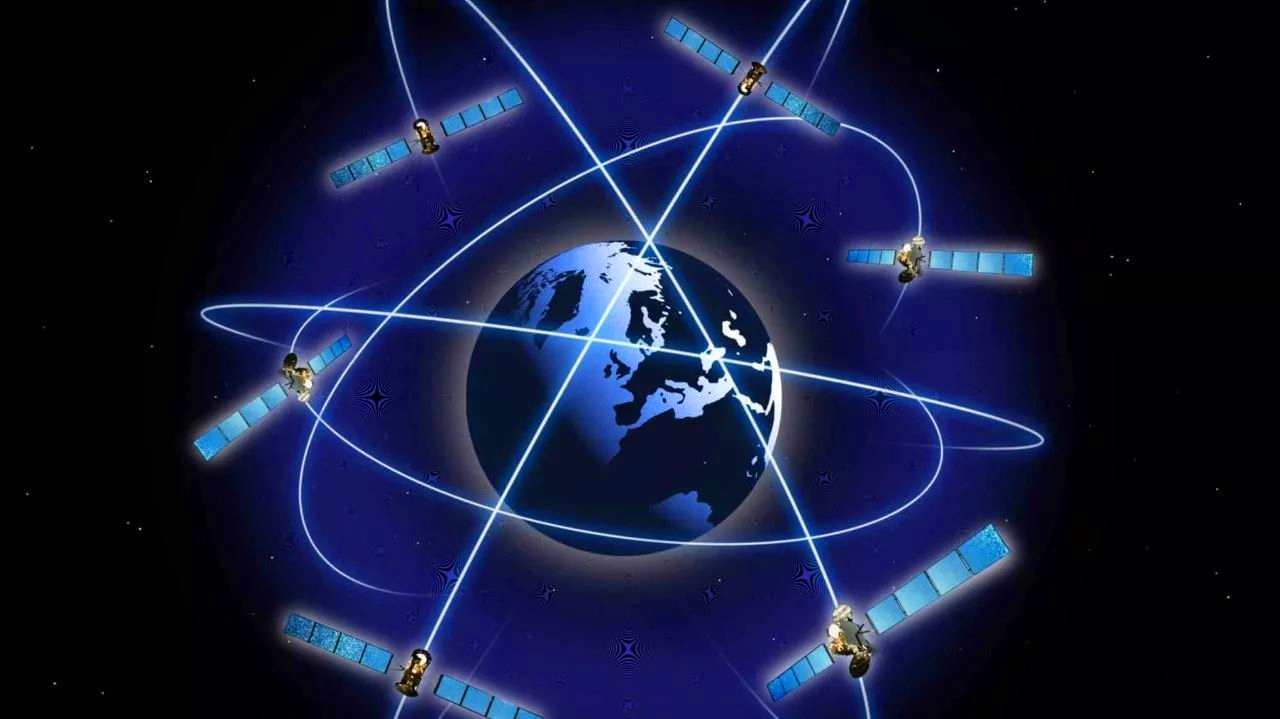Satellite Message Services Available for Mobile Phones
BeiDou Navigation Satellite System. (PHOTO: XINHUA)
By LU Zijian
With a small chip, people can enjoy short message communication (SMC) services, provided by BeiDou-3 Navigation Satellite System (BDS-3), from their smart phones, according to a press conference in Beijing on July 30.
To use BDS-3 SMC services, people do not have to change the card or number of their mobile phone, nor do they need to add peripherals to it.
It is the first time in the world that satellite communications have been realized in public smart phones. With satellite communications applied in smart phones, people will no longer be bothered by "your number is not in service," said Yan Zhe, deputy general manager of the China North Industries Group Corporation Limited.
Unique to BDS, SMC has low cost, large coverage and high reliability with random access, and can offer emergency communications and rescue services when there is no coverage of ground network.
As a crucial part of the national emergency system, SMC services have played a positive role in guaranteeing people's livelihood, disaster relief and reduction, search and rescue in the fields of outdoor activity, marine fishery, transportation and border patrol.
"Around 70 percent of the world, especially mountains and seas, are still not covered with the Internet, which brings great challenges to emergency communications and rescue services. SMC services provided by BDS -3 can help to solve such problems," said Yan.
Apart from SMC services, the news conference also released information on satellite-ground integrated solutions and technical solutions based on SMC services, with the latter covering the client and the server, said Yan, adding that such services have entered a new phase of public application from industrial application.



